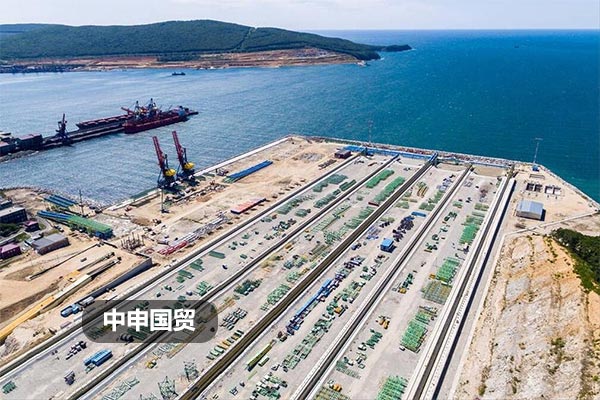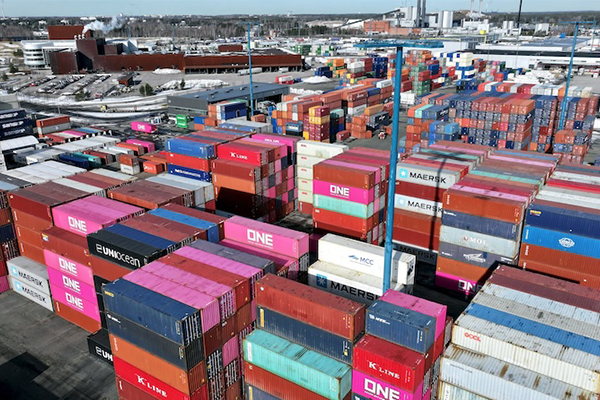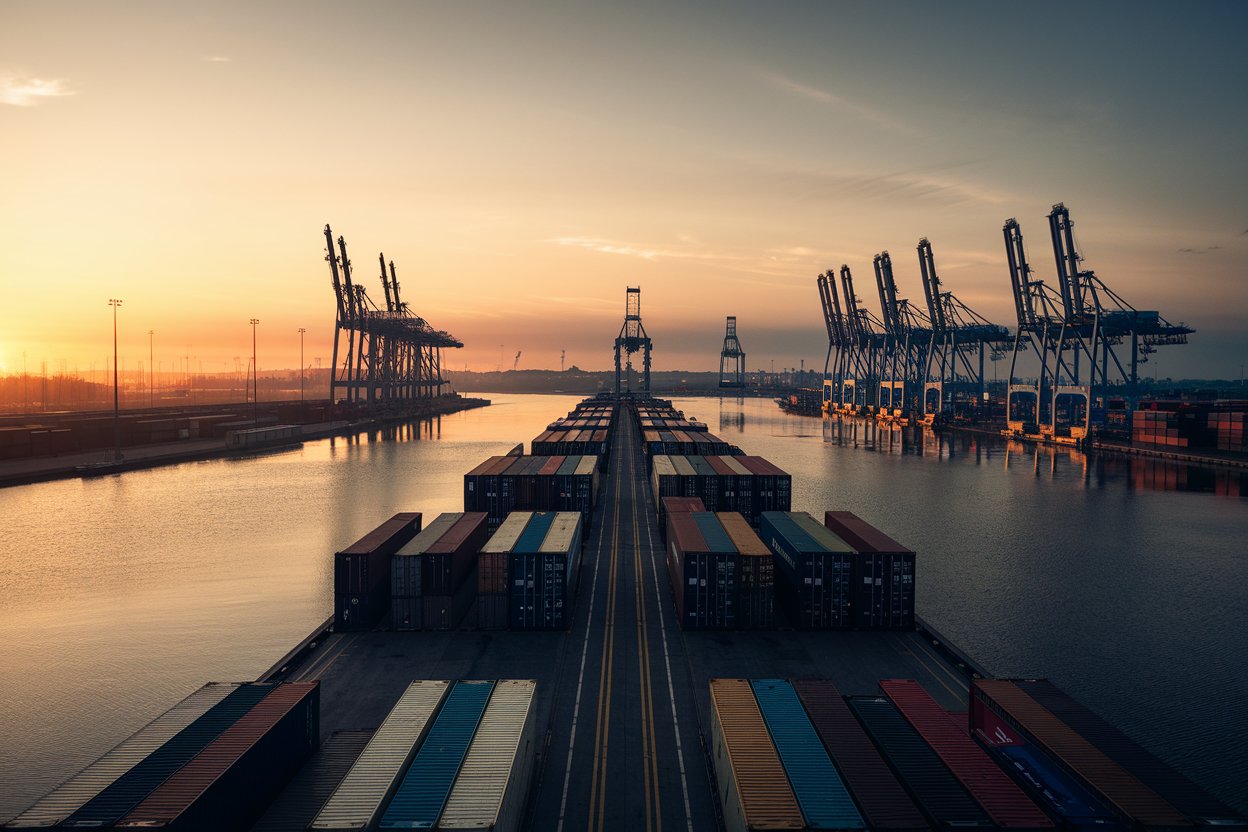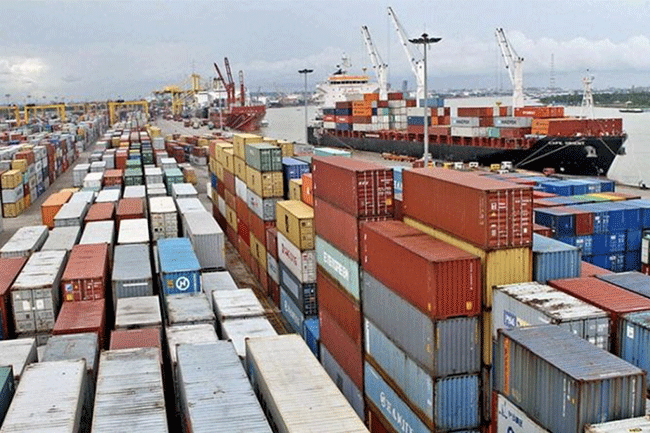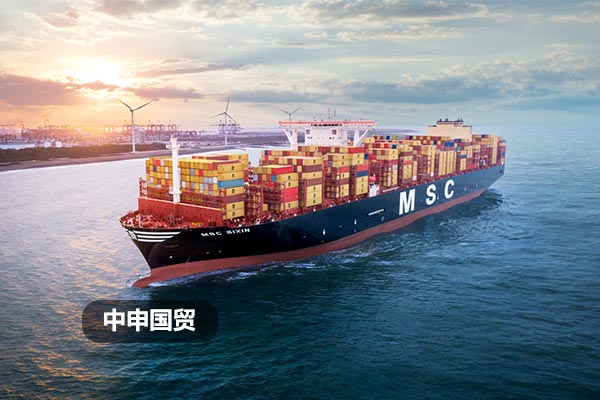- 20 Years of Expertise in Import & Export Solutions
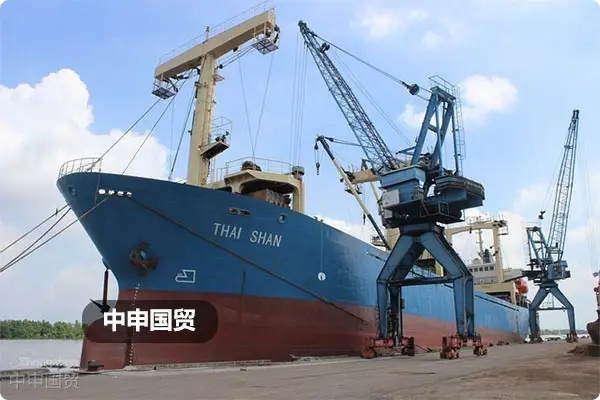
Introduction
Against the backdrop of global economic integration, importing industrial machinery and equipment from Japan has become a crucial pathway for many enterprises to enhance their competitiveness. However, the import process involves numerous complex procedures, such as documentation handling, logistics arrangements,?Foreign exchange settlement?as well as product certifications. This article will provide a comprehensive analysis of the key points related to importing industrial machinery and equipment from Japan from a professional perspective, assisting you in successfully completing your import operations.
Professional document processing and logistics arrangement
Importing industrial machinery and equipment requires meticulous handling of documentation. In the process of importing from Japan, common documents include the Commercial Invoice, Bill of Lading, Packing List,?Certificate of Origin?Books (Certificate of Origin), etc. These documents are the legal goods.?Import/export?It serves as a crucial document, the accuracy and completeness of which directly impact the customs clearance speed of the goods.
Our company has extensive experience in document processing, ensuring standardized completion and timely submission of documents. For instance, commercial invoices must detail the description, quantity, value, and other relevant information of the goods to meet customs valuation and taxation requirements. As for the bill of lading, which serves as proof of ownership of the goods, we will accurately select the appropriate type of bill of lading, such as...?Ocean shipping?Ocean Bill of Lading or Multimodal Transport Bill of Lading, and ensure that the content of the bill of lading is consistent with other documents.
Logistics arrangements are equally important. When importing industrial machinery and equipment from Japan, you can typically choose between sea freight or?Air freight?Ocean shipping is suitable for large quantities of goods with relatively lower costs, but the transit time is longer; air freight, on the other hand, is faster and ideal for urgent or high-value shipments. We have established long-term partnerships with multiple renowned shipping companies and airlines, enabling us to tailor the optimal logistics solution based on the characteristics of the goods, delivery timelines, and customer budgets. For instance, for bulky industrial machinery and equipment that are not urgently needed, we prioritize recommending ocean shipping and strategically plan the transportation routes to ensure the safe and timely arrival of the goods. Throughout the shipping process, we also provide real-time tracking updates and promptly relay feedback to customers, keeping them informed of their shipment's status at all times.
Advantages of VTB in Foreign Exchange Settlement for Russian Business
When it comes to importing industrial machinery and equipment from Japan and selling them in the Russian market, our company enjoys unique foreign exchange settlement convenience through VTB. Foreign exchange settlement, simply put, refers to the process where an export enterprise sells the foreign currency obtained from the sale of exported goods to a designated foreign exchange bank at a certain exchange rate, and the bank converts the foreign currency into domestic currency to pay the export enterprise. In trade with Russia, conducting foreign exchange settlement through VTB Bank offers numerous advantages.
VTB Bank holds a significant position in Russia's financial system, with branches widely distributed across the country. Compared to other banks, conducting foreign exchange settlements through VTB Bank enables faster fund clearing and reduces the transit time of funds. For example, while the settlement process at most banks may take 3–5 business days, VTB Bank typically completes it within 2–3 business days. Additionally, VTB Bank offers strong policy support for Sino-Russian trade, providing more flexible solutions in areas such as trade financing and exchange rate risk management. In the current international trade environment, where exchange rate fluctuations are frequent, VTB Bank can offer hedging tools and other exchange rate risk management instruments to help businesses lock in exchange rates and mitigate losses caused by volatility.
Import and Export Procedures and Solutions for the Southeast Asian Market
If the imported Japanese industrial machinery and equipment are intended for sale in the Southeast Asian market, it is necessary to understand the region's unique import and export procedures. Taking Indonesia as an example, first, the importer must register with the Indonesian Ministry of Trade to obtain an Import License. Before the goods arrive at an Indonesian port, the importer needs to submit an Import Declaration to customs, along with supporting documents such as the commercial invoice, bill of lading, and packing list. Customs will then inspect and appraise the goods, levying the corresponding tariffs and value-added tax.
To address these requirements in the Southeast Asian market, our company provides comprehensive solutions. Before importation, we assist clients in completing local registration procedures to ensure they possess the legal qualifications for import. During the documentation preparation phase, we review and adjust the documents in accordance with local customs regulations to ensure compliance with local standards. For instance, Indonesian customs have stringent requirements for certificates of origin, and we help clients obtain compliant certificates to benefit from relevant tariff preferences. Throughout the cargo clearance process, we have established strong partnerships with local customs brokers, enabling us to promptly handle issues such as customs inspections and ensure smooth clearance of goods.
For exports to other Southeast Asian countries, such as Malaysia and Thailand, although the specific processes and policies may vary slightly, the general principles are similar. We will provide customized import and export solutions tailored to the characteristics of each country, helping clients successfully expand into the Southeast Asian market.
Challenges and Opportunities in the Current International Trade Landscape
The current international trade landscape is complex and volatile, presenting numerous challenges for importing industrial machinery and equipment from Japan. The rise of trade protectionism has led countries to implement various trade restrictions, such as tariff hikes and non-tariff barriers. For instance, some nations may impose stringent technical standards and environmental requirements on specific industrial machinery, increasing the difficulty of imports. Additionally, exchange rate fluctuations pose significant risks to importing enterprises. The instability between the Japanese yen and the Chinese yuan can lead to substantial volatility in import costs, thereby impacting corporate profit margins.
However, challenges and opportunities coexist. With the deepening advancement of the Belt and Road Initiative, trade cooperation among countries along the route continues to strengthen, providing new opportunities for importing industrial machinery and equipment from Japan and expanding into international markets. Meanwhile, the rapid development of technology has also brought new transformations to international trade.?E-commerce?The rise of platforms has enabled businesses to access international markets more directly, reducing trade costs and improving trade efficiency. Our company will closely monitor changes in the international trade landscape, promptly adjust business strategies, and help clients seize opportunities while addressing challenges.
Product Certification Services
When importing industrial machinery and equipment from Japan, product certification is an indispensable step. Different countries and regions have varying certification requirements for industrial machinery and equipment. For instance, the EU market requires CE certification, while the US market demands UL certification, among others. Although our company does not directly provide certification services, we assist clients in understanding the specific certification requirements and offer relevant consulting services.
We will assist clients in gathering the necessary documentation for certification and guide them in preparing the certification application documents. At the same time, we maintain close contact with professional certification bodies to recommend reputable and efficient agencies to our clients. Throughout the certification process, we will facilitate communication between clients and certification bodies, promptly addressing any issues that arise to ensure the product successfully passes certification and enters the target market.
Conclusion
Importing industrial machinery and equipment from Japan is a complex and specialized task, involving multiple steps such as document processing, logistics arrangements, foreign exchange settlement, and product certification. Under the current complex international trade situation, choosing a professional?Foreign trade?The role of an agency company is crucial. Our company, leveraging our expertise in document processing and logistics arrangements, along with the advantage of VTB settlement for the Russian market, is capable of providing comprehensive import services to our clients. Additionally, we actively assist clients in navigating the challenges of international trade, seizing opportunities, and supporting their success in the global market. We hope the content of this article serves as a valuable reference for importing industrial machinery and equipment from Japan, making your import operations smoother.
Category Case
Contact Us
Email: service@sh-zhongshen.com
Recommended for You
Contact via WeChat

? 2025. All Rights Reserved.
